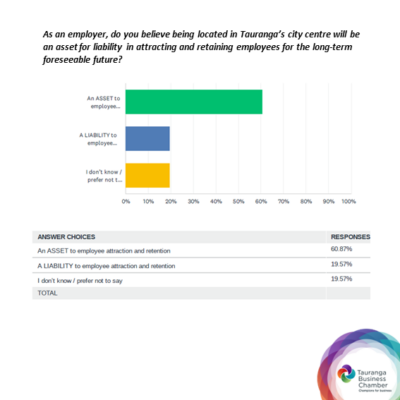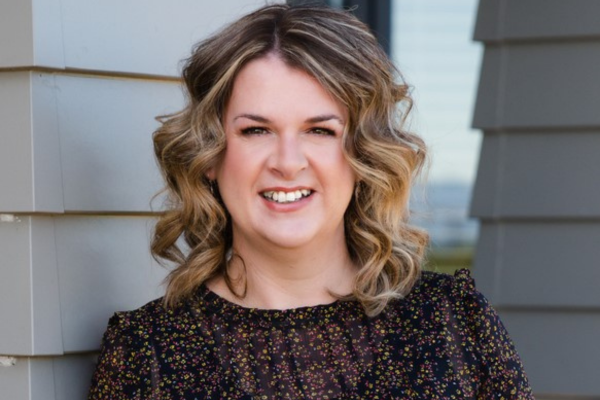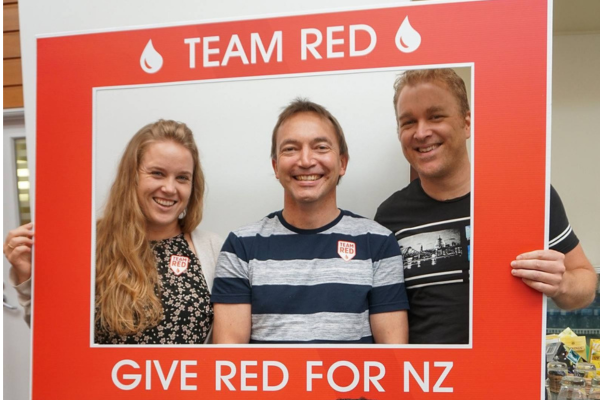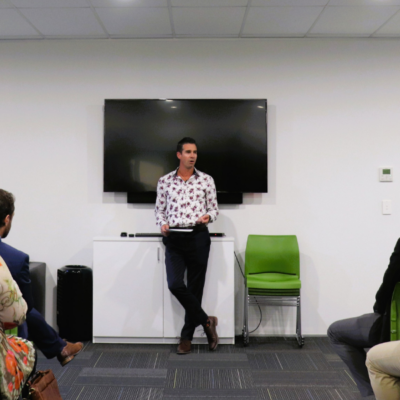Employees look to their leaders for guidance, support and even emotional support… but who looks after the leaders?
Leadership Fatigue is becoming far more prevalent since COVID-19 turned our world upside down and business leaders have been forced to work harder than ever to keep their business alive and staff employed, safe and motivated.
The effects of this long term can be devastating and many senior executives could be suffering from Leadership Fatigue without even knowing it.
Gail Page, Communication and Mindset coach at Positive Pathways, says Leadership Fatigue is rife right now and urges leaders to take action to avoid burnout.
“It is imperative you take the time to check in and start re-focusing on yourself to ensure your mental health is the number-one priority as we look to rebuild the economy – now is when the real work begins for most businesses so you need to be ready!”
How to recognise Leadership Fatigue
Leadership Fatigue will affect everyone differently, but there are some common signs to look out for.
- Feeling like you are in ‘survival’ mode – you might start each day with a plan, but end up just trying to survive.
- Short-term vision – leaders create a long term vision for their company. Fatigued leaders can barely see past the next hour.
- Acting like everything is under control – the emphasis here is ‘acting’ and this pretence feels exhausting, having to fake excitement and enthusiasm when you don’t really feel it.
- Small things become BIG – a minor problem can now derail you, a simple difference of opinion with one of your managers suddenly feels like a huge betrayal.
- You stop being brilliant at the basics – you might start failing to return emails and phone calls or miss meetings and deadlines. Weary leaders tend to delay responding to others, if they respond at all.
- You avoid people who would call you out – once you become tired of leading, it’s easier to avoid people who know you well enough to know something is wrong. You may start to create distance from your trusted advisors to hide your lack of motivation.
Gail shares an example of a former client:
“He had owned a successful business for twenty five years. Most of his staff had been with him for over ten years, and others had worked for him since the beginning – they were like family. He’d attended their family events, knew whose relationships were in trouble and who had money problems and he knew he was going to have to lay some of them off.
“He was in a very dark place and having some very alarming thoughts – he was pretty much at breaking point. The thought of giving his staff this devastating news was almost too much for him to bear.

“Instead of ‘checking out’ or disappearing ‘down the rabbit hole’, he reached out and called me and acknowledged that this decision probably saved his life. At times like this, we ALL need a confidential sounding board and a safe space where we can let down our guard and admit how we are feeling.
“This situation isn’t going away any time soon, there are many months of challenge ahead as we learn to operate in the ‘new normal’”.
What to do if you have Leadership Fatigue
There is little doubt that the past few months has led to a few sleepless nights as you try to keep all your balls in the air – but if you are regularly experiencing any of the signs outlined above, are struggling to stay motivated or feeling uncharacteristically low it may be time to seek help.
“If you don’t find a way to fill your own petrol tank, you’ll be running on empty when you are needed most,” says Gail.
“It’s NOT weak to reach out and ask for help, it takes self-awareness, strength and courage, but it might just save your life. If you’re a business owner or leader and you need to talk, find a trusted confident, call me, talk to a mental health professional or call the Samaritans on 0800 72 66 66 and recharge, so you can lead your business with the enthusiasm and skills that put you in a leadership position in the first place.”
Gail specialises in helping managers and teams avoid burnout and boost wellbeing. If you’d like her help or support during this challenging time, please contact her here.
















































